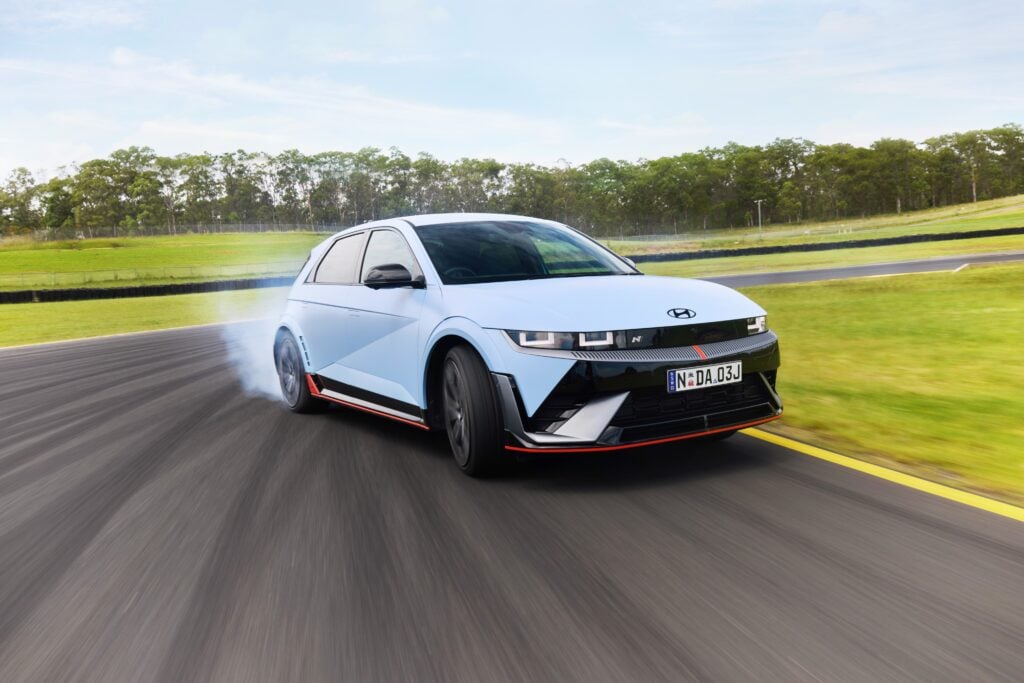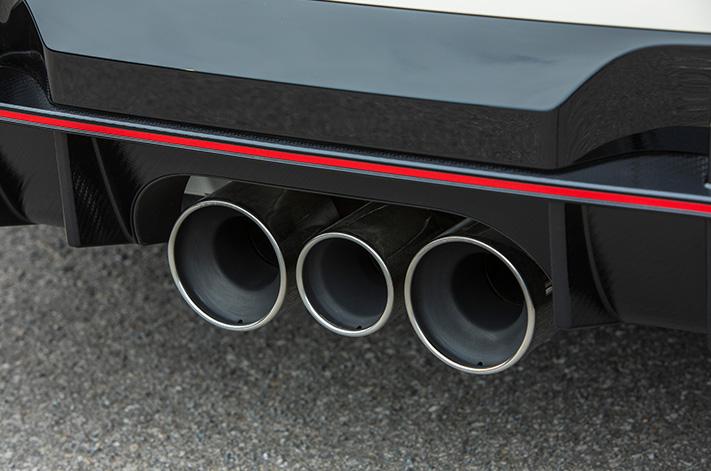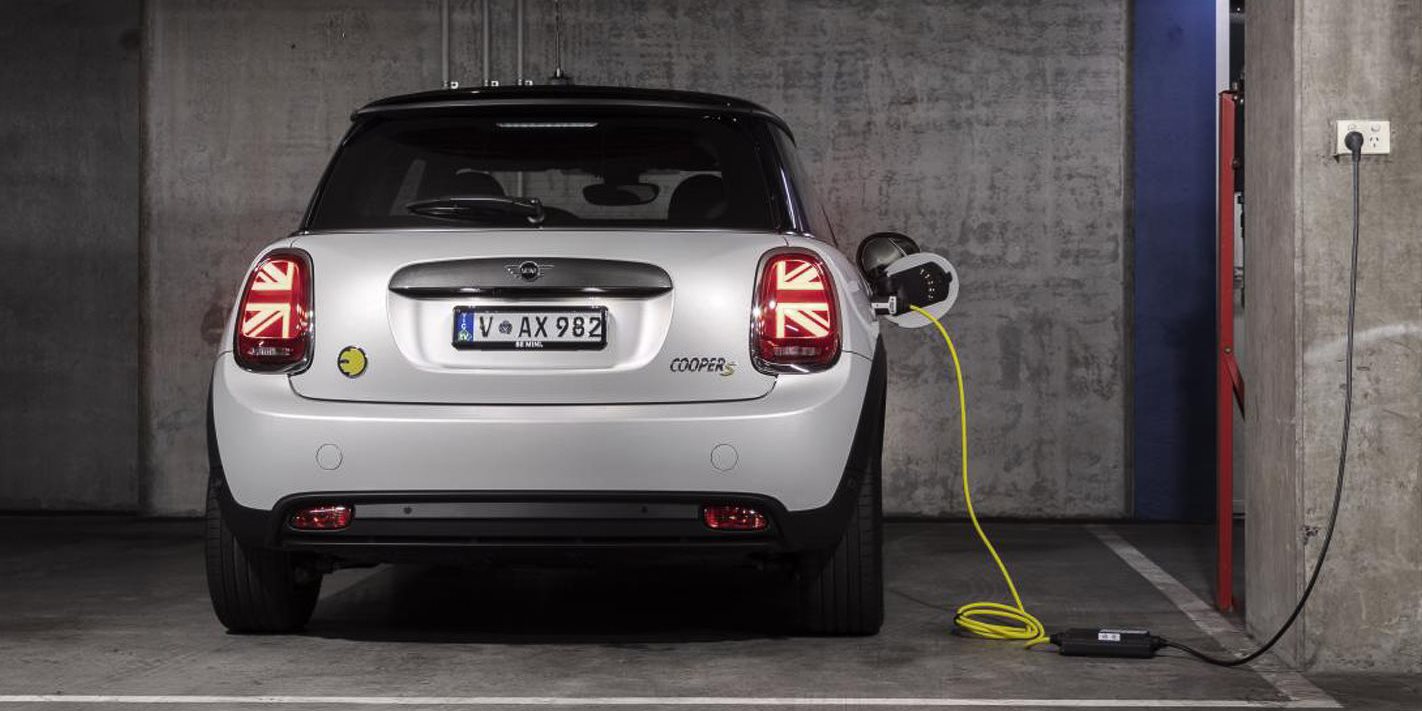
UPDATE, March 19: BMW Group has confirmed overnight that its Mini brand will go all-electric by the start of the 2030s.
Announced as part of a larger event discussing the group’s future, Mini’s move to pure electrification is described as “absolutely ideal” for the “urban brand”.
The Mini brand‘s very last combustion engine will be sold by around 2025, the group says, with only electric models to be launched from that point.
Mini’s range of fully-electric models will account for “at least” 50 per cent of all sales, with every single Mini model available only as an EV “by the early 2030s”.
As part of the transition, some new models in the coming years will be offered in both conventional combustion form and all-electric form, including the next Countryman – due to go on sale in 2023.
The company also reaffirmed existing plans to produce electric Mini models in China from 2023, in collaboration with Great Wall Motor, although it is unclear at this point if any Australian-delivered models will come from China.
It remains to be seen what this will mean for Mini pricing in Australia, although without a revolution in battery costs, buyers can undoubtedly expect the point of entry to become markedly more expensive.
Right now, the electric Cooper SE is priced from $59,990 drive-away in Australia, while the cheapest conventional model in the Mini range is the $35,150 Cooper Classic manual.
MORE: Cooper SE electric review MORE: Cooper SE electric pricing and specs
Mike Stevens
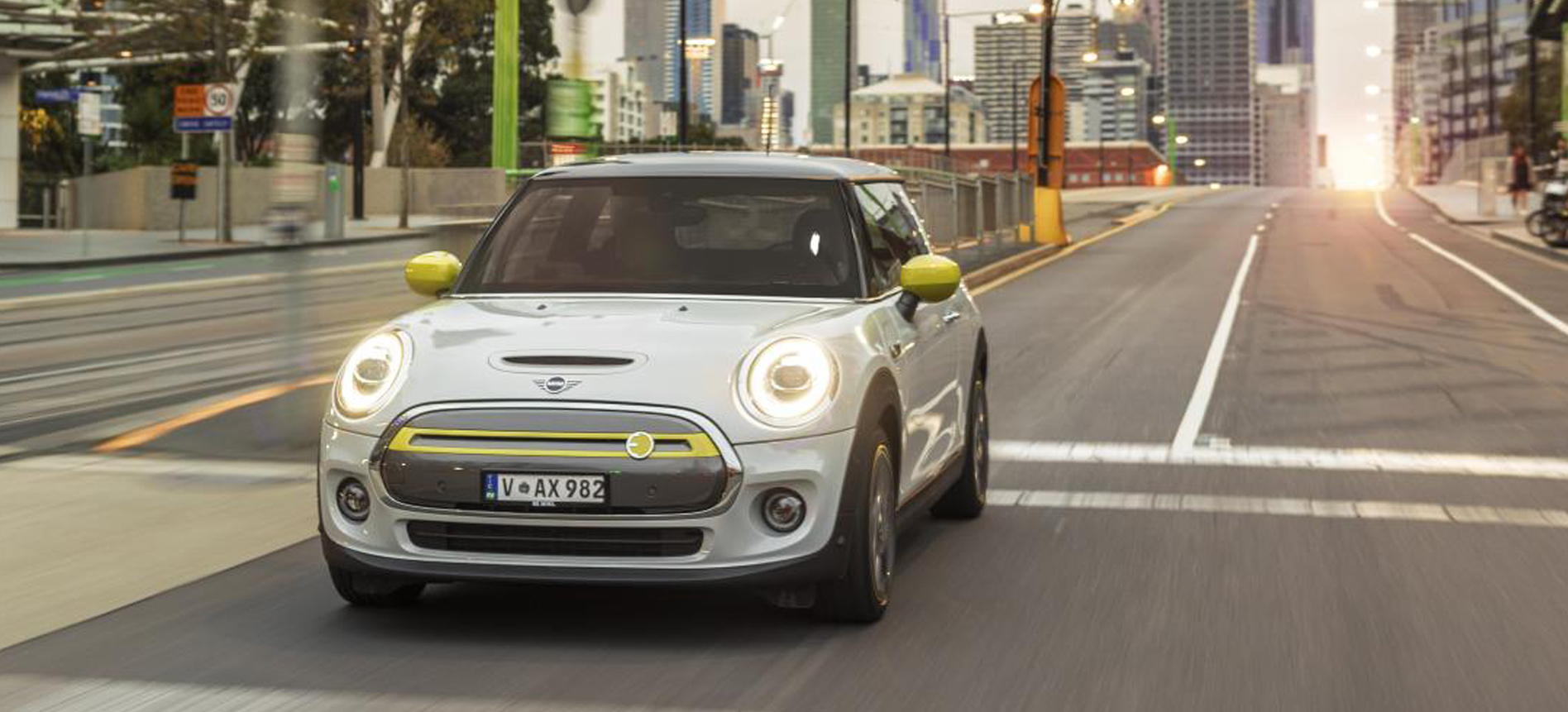
The story to here
March 16: Mini appears set to become the latest brand to commit to dropping all petrol and diesel engines by 2030 in favour of electric power; with an official announcement expected within days.
According to Automotive News, which cites numerous Mini and BMW insiders as its source, the British marque will roll out its last-ever internal combustion engine update in 2025. Around one half of its sales are expected to be electric by 2027, one of the people said.
It was purported Mini will only produce electric-powered products from 2030 onwards. BMW CEO Oliver Zipse is expected to share the news alongside its annual report later this week.
If so, Mini would fall in-line with other brands including Bentley, Jaguar and Volvo, which have all recently confirmed plans to shun combustion engines by 2030.
So too, a number of countries are planning to ban the sale of new internal combustion-engined cars by 2030. These bans no doubt would have factored into companies’ decisions to go all-electric.
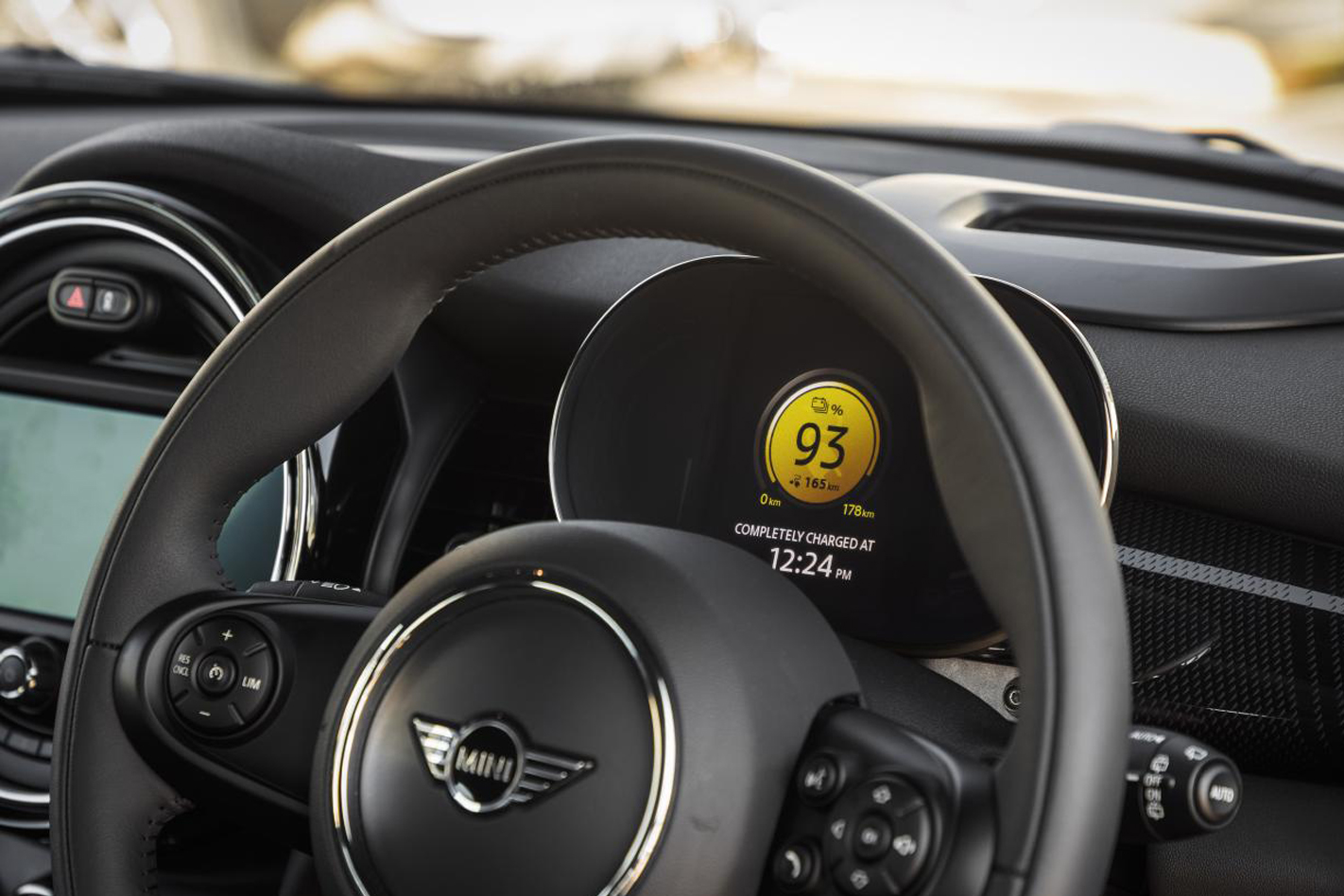
The decision for Mini to turn to all-EV powertrains isn’t such a leap; its city-bound nature and diminutive model sizes would well suit the progressive move to electric-only power.
Mini already sells an electric Cooper SE that has been on sale in Australia since July 2020, and its John Cooper Works performance division will become one of the company’s first arms to go all-EV.
Wider, BMW is planning an electric assault with its iX SUV and i4 sedan, set to rival the likes of Tesla’s Model X and Model S.
Mini’s electric future plans are expected to be detailed on March 17, 2021, as BMW CEO Oliver Zipse presents its annual group report.
Tom Fraser



